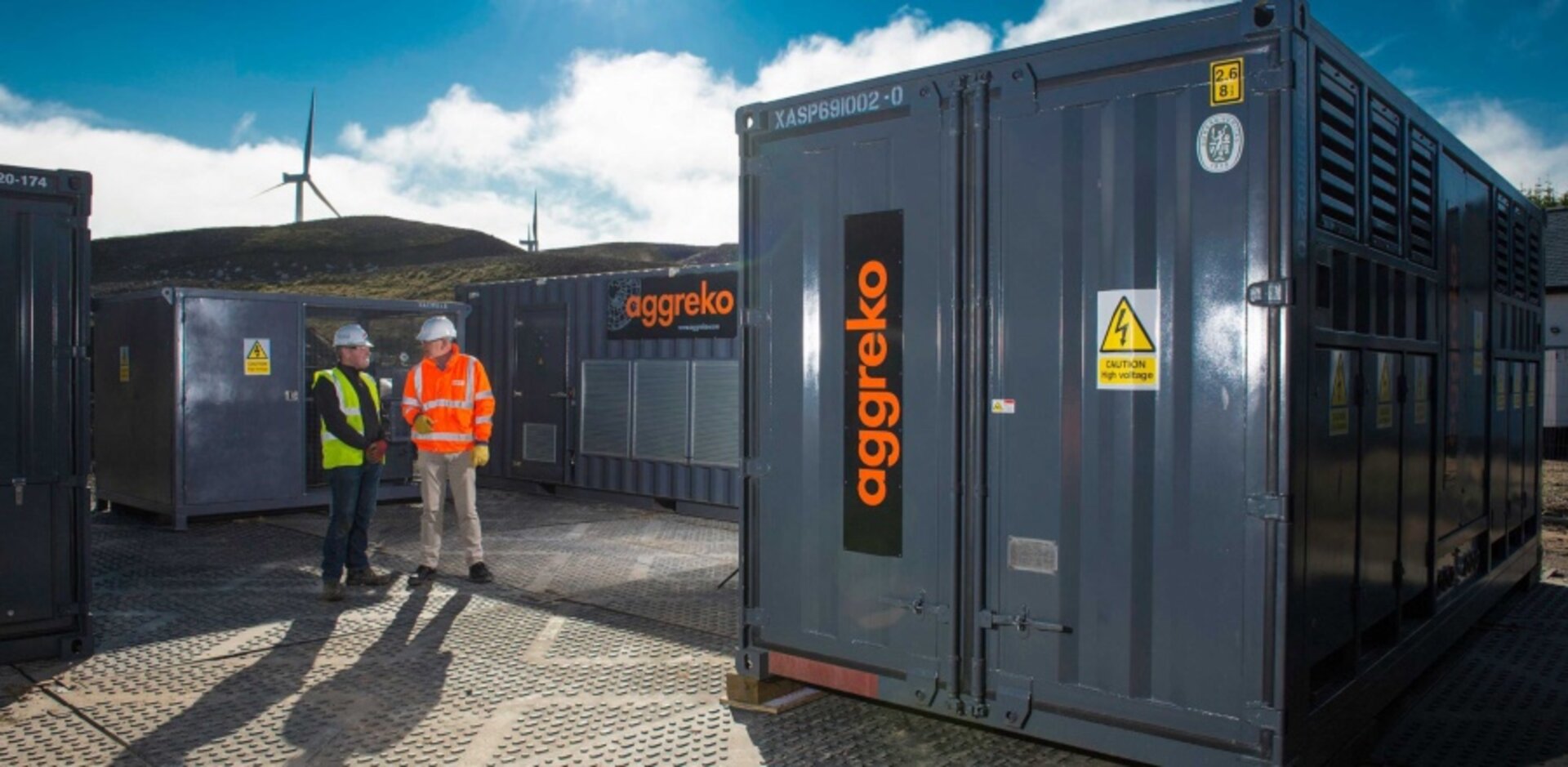Knowledge is power

Researchers at Glasgow Caledonian University have been tasked with improving the reliability of power generators that are being used in some of the world's harshest environments – from the Sahara Desert to the Amazon Rainforest.
Professor Gordon Morison and Pete Barrie, of the School of Computing, Engineering and the Built Environment, have been awarded £218k by Aggreko Ltd as part of a Knowledge Transfer Partnership (KTP). Aggreko provides generators globally – for purposes that range from powering the ice-cream vans at T in the Park, to providing cooling solutions in mining sites in Africa, to providing temporary power solutions in humanitarian crises.
The organisation has enlisted the GCU researchers to help it improve efficiency of the generators running in remote locations, by producing reliable and secure software and hardware architectures and algorithms that will spot faults in these generators before they occur.
Professor Morison said: "Usually, you extract the data you need from these generators by plugging them into your network, but if you're talking about them being in a difficult area to reach – such as Saudi Arabia, the Sahara Desert or the Amazon Rainforest – it can be very expensive to send somebody out there each time.
"Our architecture and algorithm will therefore use machine learning to pick up faults, or the signature of faults, before they occur. By smartening up the equipment, we want our data to tell the people doing the maintenance exactly what they need to do, and when they need to do it, so that they are not making unnecessary trips and are not taking more equipment than they need.
"Less maintenance trips reduces carbon footprint and saves the company money. These hard-to-reach generators are used in what Aggreko describes as mission critical situations, so reliability and maintainability is of the utmost importance. Aggreko ideally wants data that enables it to fix something before it breaks."
Another essential element of the KTP is ensuring the data provided by the architecture and algorithm developed by GCU is secure.
Mr Barrie said: "It's one thing getting the data from A to B, but it also has to be done securely. When you are talking about making decisions based on data – taking medical facility generators as an example – if I'm a nasty hacker and decide to manipulate the data which results in you switching them all off, that's not just mission critical, that's life critical."
A KTP is a relationship between a company and an academic institution, which facilitates the transfer of knowledge, technology and skills to which the company partner currently has no access. The KTP scheme has been helping companies big and small innovate for growth for more than 40 years and is led by Innovate UK
